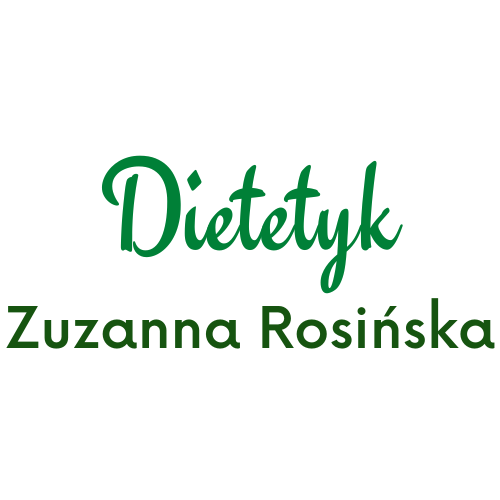How does diet affect hormones? Bez kategorii
How does diet affect hormones? What are hormones, where are they produced and how do they affect the body? To what extent is their proper functioning important for health?
Hormones are chemical compounds produced by the endocrine and external secretion glands or tissues of the endocrine system. Hormones are very important in regulating actually most functions in our body. Their action is mainly focused on stimulating or inhibiting the work of organs. They regulate and coordinate almost all chemical processes in cells. Most hormones interact with each other, deepening the effect of their action. Their moment of secretion and duration of action depend on the constantly changing physiological state.
The basic functions of hormones are:
- regulation of water management
- regulation of osmotic pressure
- regulation of digestion processes
- conduction of nerve stimuli
- regulation of growth processes
- differentiation of organs
- controlling processes related to reproductive functions, including milk secretion
Any disorder in the functioning of the endocrine system results in a disturbance of the chemical and physiological balance of the body. The consequence of such a long-term disturbance of the work of the body are endocrine diseases.
Hormones affect our mental, physical and emotional health. They can control our appetite, body weight and mood.
So what to pay attention to in the diet?
You should consume an adequate amount of protein, which is a source of valuable amino acids that are a substrate in the production of hormones, e.g. the amino acid tryptophan is converted into the hormone serotonin (happiness hormone). In addition, studies show that adequate protein intake affects hormone release, appetite control and food intake (regulation of hunger and satiety).
Excess of simple sugar, including mainly glucose, leads to deregulation, e.g. secretion of the hormone insulin and lead to diabetes and/or insulin resistance, polycystic ovarian syndrome and many other diseases.
Using an anti-inflammatory diet, i.e. taking care of the proper supply of omega 3 acids, vitamin C and other antioxidants reduces the risk of oxidation of nutrients (they reduce the risk of harmful products), helps to reduce the level of stress hormones. It is recommended to reduce stress and take care, proper sleep hygiene and a sufficiently large dose of rest in relation to daily activity, which also brings its benefits.
It should also be borne in mind that both too low body weight and excess weight contribute to hormonal imbalance in the body.
The diet should also limit the consumption of processed foods (due to sugar, saturated and trans fats and food additives) and fast foods and high glycemic index foods. You should also avoid alcohol and energy drinks, and some also mention limiting coffee consumption (due to the caffeine content). Keep your body hydrated (at least about 2 litres of water per day). It is recommended to consume prebiotic products and probiotics. Not forgetting that the most important rule is to eat regular meals and consume 3 servings of vegetables and 2 servings of fruit every day and whole grain products (due to dietary fiber).
